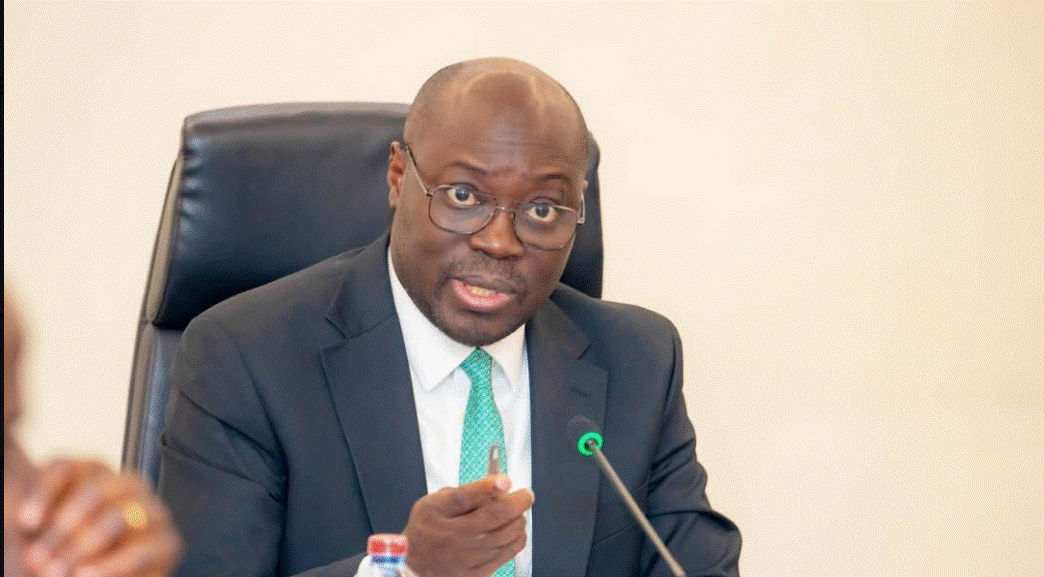
“Where there is love, there is no darkness.” – Burundian proverb
Every year on Valentine’s Day, we greet ourselves with elation. As to why we do that, few of us give it any thought. The reasons vary. Maybe we are grateful to be part of a day dedicated to love, or maybe our personal persons and loved ones will kiss our souls with their hearts, assuring us that they would always be there for us. Alternatively, it could be that because we all desire to be in good relationships, which we interpret as being loved, being part of a day dedicated to love makes us smile at ourselves and at one another.
However, when we observe the things we do for love, the word seems ambiguous. And it is because too many of us, sadly, ascribe all kinds of undertakings to love, including our selfish and inward-looking activities. What many of us overlook in such situations is the fact that promoting our emotional longings and confusions as love makes it easy for more and more people to be sceptical about it. Rather, our emotional desires should be labelled as such, while we take time to really question and understand what love is; rather than being dismissive about it. As one philosopher summed it, “most of problems of the world stem from linguistic mistakes and simple misunderstanding”. One of such words is love.
Many of the great philosophers, when they reflected on love, anchored it in the great virtues not because it is easy to do that, but for the deep meaning the word has. That is why Susan Sontag, the American writer and critic, argues that “nothing is mysterious, no human relation. Except love”. She probably was on the right path, for John Keats, the great English poet, wrote to the love of his short life: “Love is my religion and I could die for that. I could die for you. My creed is love and you are its only tenet”. While Rumi, the great Persian poet and Islamic scholar, argued that we “gamble everything for love, if you are a true human being”.
Their arguments challenge us to search deep within ourselves and reflect on what we call love and why we label them as such. Perhaps, this will make many of us come to the realisation that our definition of love is not so sincere and true after all. Research shows that social connections are really good for us, and that loneliness kills. The science shows that “people who are more socially connected to family, to friends, to community are happier, they are physically healthier, and they live longer than people who are less well-connected”. And the currency of such relationships is love. These are people who value and trust others to the point that they act with virtue in their interactions.
Some researchers even argue that love in relationships protect our bodies and our brains. It turns out that the memories of people who are in relationships where they really feel they can count on the other person in times of need stay sharper longer. And the people in relationships where they feel they really cannot count on the other one, those are the people who experience earlier memory decline. That does not mean those good relationships are filled with only wonderfulness. They have their challenges, but as long as the parties know they can really count on each other when the going gets tough, their challenges do not take a toll on their bodies and memories. That is how powerful love is.
In the Harvard University’s longest study on happiness, they found out that individuals who are more isolated than they want to be from others find that they are less happy, their health declines earlier in midlife, their brain functioning declines sooner and they live shorter lives than people who are not lonely or are in love. Their work reveals what we have known all along – that we all need love. We all want to love and be loved. As a matter of fact, love is the reason for living and there is nothing greater than love. This challenges us to step into the zone of love, where we will experience wonderfulness that cannot be put into words and can only be grasped with appreciation.
Therefore, as we celebrate another Valentine’s Day, let us understand that “Intellect and love are made of different materials. Intellect ties people in knots and risks nothing, but love dissolves all tangles and risks everything. Intellect is always cautious and advises: ‘Beware of too much ecstasy’, whereas love says: ‘Oh, never mind! Take the plunge!’ Intellect does not easily break down, whereas love can effortlessly reduce itself to rubble. But treasures are hidden among ruins. A broken heart hides treasures”. Put simply, let us learn to love and actually love, for “it is the only thing in this world that covers up all our pains and make us feel wonderful again and again”.
__________________________________________________________________
Kodwo Brumpon is a partner at Brumpon & Kobla Ltd., a forward-thinking Pan African management consultancy and social impact firm driven by data analytics, with a focus on understanding the extraordinary potential and needs of organisations and businesses to help them cultivate synergies that catapult into their strategic growth and certifies their sustainability.
Comments, suggestions, and requests for talks and training should be sent to him at kodwo@brumponand kobla.com
The post The Attitude Lounge by Kodwo Brumpon: Love is the essence appeared first on The Business & Financial Times.
Read Full Story















Facebook
Twitter
Pinterest
Instagram
Google+
YouTube
LinkedIn
RSS